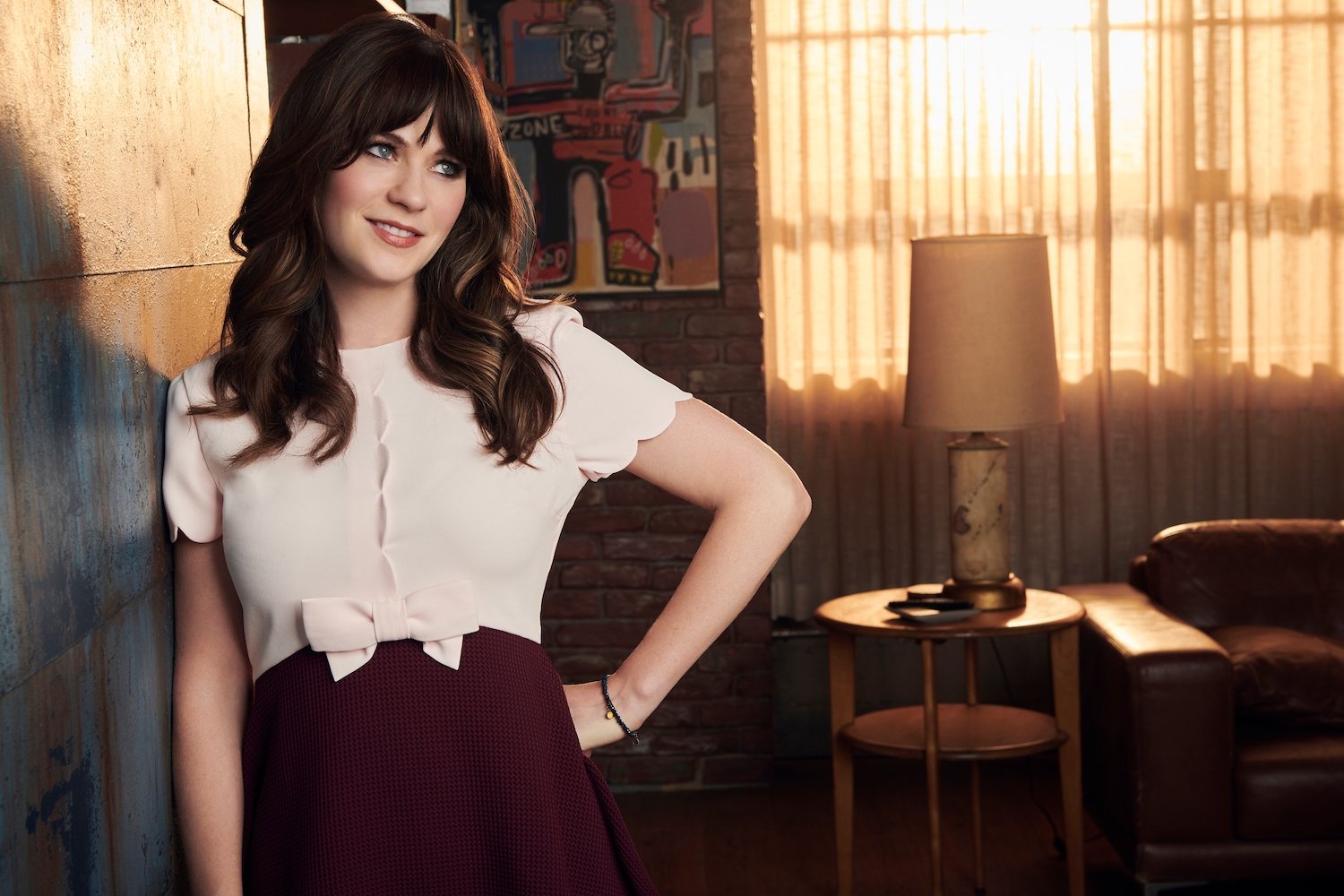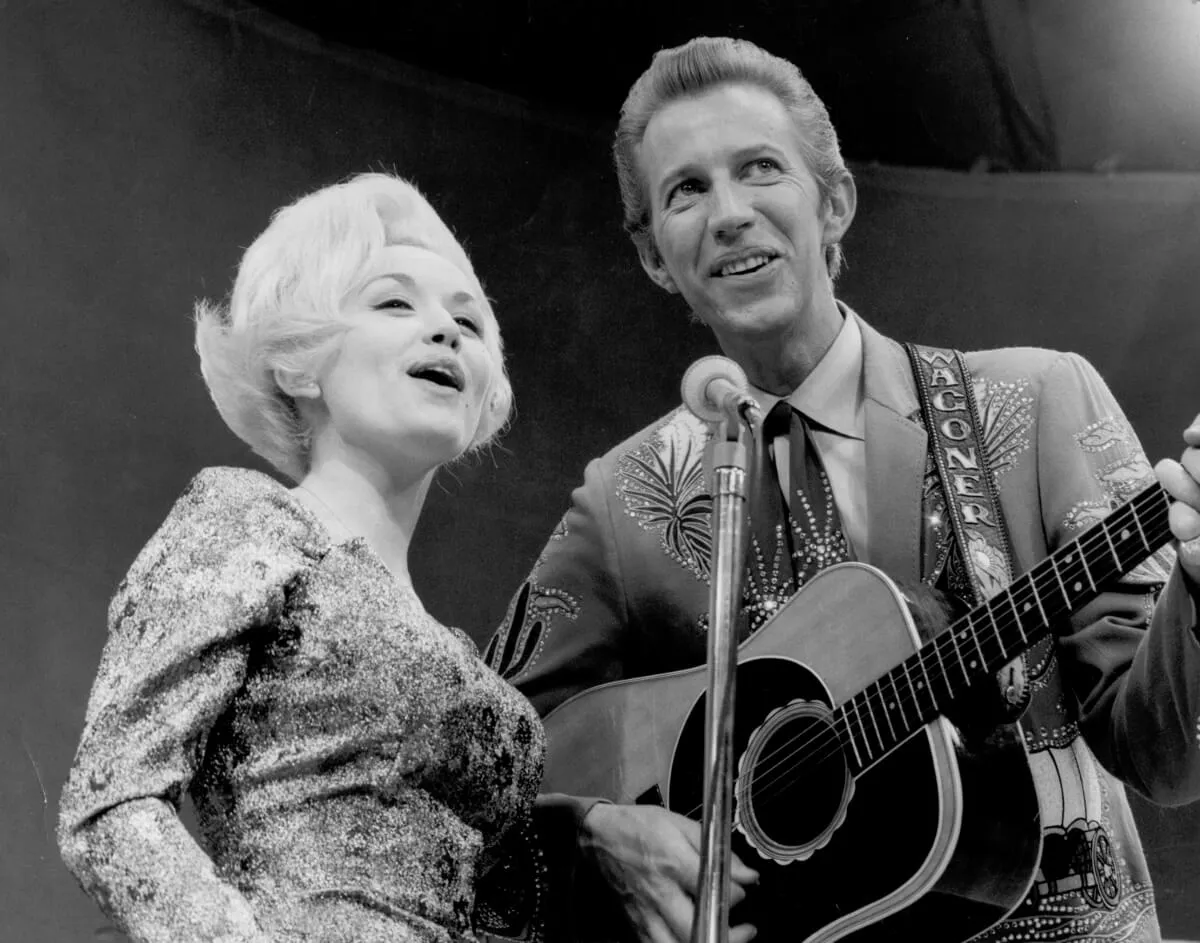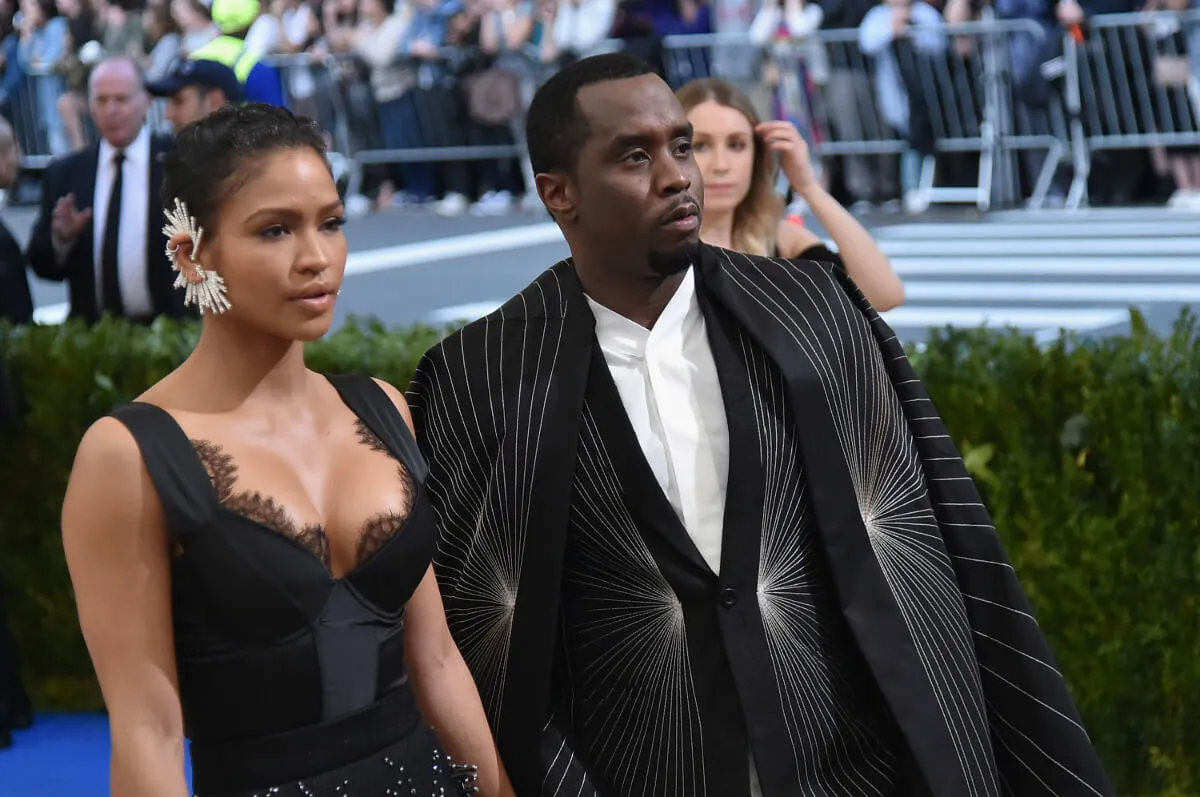‘New Girl’ Censored Common Words To Abide By Fox’s Standards and Practices
New Girl is one of television’s most beloved comedies, a show that featured an ensemble cast and a multitude of hilarious situations. Starring Zooey Deschanel as the quirky teacher Jess, New Girl debuted on television in 2011 and ran for years before finally going off the air.
New Girl remains hugely popular with fans to this day, and with ever-increasing rumors of a cast reunion on the horizon, many viewers are looking to the history of the show, reveling in the ways that New Girl revolutionized sitcoms. Still, in many ways, New Girl was very traditional — including in a strict manner that showrunners had to follow network guidelines on foul language.
How long did ‘New Girl’ run on television?
When New Girl premiered on TV in 2011, in many ways, the series seemed like a throwback to classic sitcoms of old. With a funny, relatable girl in the lead, accompanied by often clueless men, New Girl featured a witty script, whip-sharp writing, and clever characterizations.
In short order, it became popular with fans of all ages, and by the second season rolled around, it was considered to be one of television’s best comedies.
New Girl told the story of a teacher named Jess who moves into an apartment with three male roommates. As the characters deal with the realities of life and love in their thirties, they frequently encounter misunderstandings related to their unique living arrangement — and by the end of the series, all the characters had grown and developed in new and interesting ways.
‘New Girl’ reinvigorated Zooey Deschanel’s career

While New Girl featured a large cast, including talented performers like Damon Wayans Jr. and Max Greenfield, the star of the show was Deschanel, a talented actor and singer. She originally rose to fame in the early 2000s, acting in movies like Almost Famous.
She received a lot of attention for her deadpan delivery and unique looks, including large, blue eyes and dark hair. Deschanel has also worked in the music industry, singing and songwriting for the past decade.
Deschanel’s star never fell very far, but her 2011 starring role in New Girl really helped to solidify her status as a comedy icon and earned her a whole new fanbase. Deschanel also received critical acclaim for her work in the series, including a Primetime Emmy Award nomination and three Golden Globe Award nominations.
What network standards did ‘New Girl’ have to abide by?
New Girl was unique in many ways — not only was Deschanel able to carve out a new space for funny women in television, but showrunners also wrote many unique relationships, exploring elements of friendship between men and women that aren’t often explored on TV. Still, in some ways, showrunners were limited by the requirements of the network.
According to Mental Floss, while one episode of the show made an allowance for Jess to say the word “penis” five times, other words could not be used — including “b-hole.” Characters in the show were not allowed, however, to say “a-hole.”
“Some of the beauty of writing for network is that there are so many things you can’t do, but that sort of pushes you to do things you didn’t even think you could do to get around that,” showrunner Liz Meriwether told New Republic in 2013.
She added: “But it has been a really good exercise for me in learning not to rely on that, in learning, like: OK, so we can’t show boobs, we can’t say the word ‘dick,’ we can’t just say the most shocking thing. We have to come up with a way around it.”
One interesting note is that showrunners were ultimately given the freedom to use the word “dick,” but only if it was used in a context not related to a body part. “As long as we weren’t referring to male genitalia, you could have a character call another character a “dick.” And we were like, “Oh my God, this is incredible,”” showrunner Brett Baer told AV Club.
Ultimately, writers for New Girl were able to take the restraints forced upon them by the network to come up with new and inventive ways for the characters to interact.


